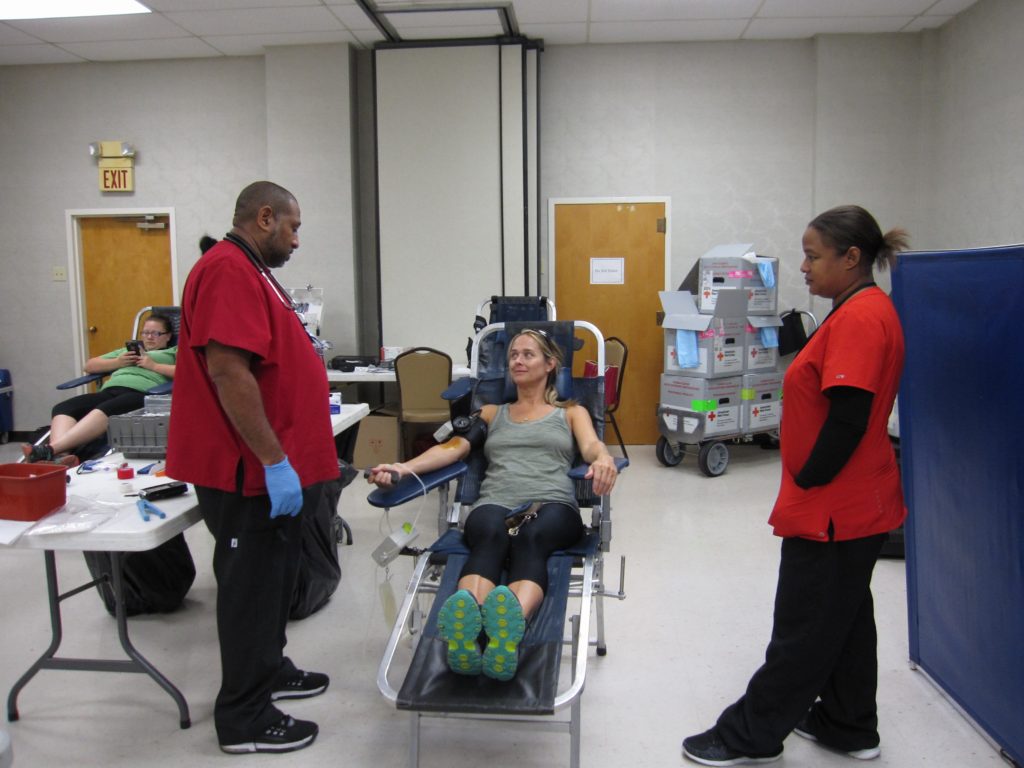By AMANDA DUKES
Staff Writer
According to the Anxiety and Depression Association of America, 15 million adults suffer from social anxiety disorder—a statistic that only includes those individuals that have been diagnosed.
Despite the frequency of social anxiety disorder, it is very often misunderstood. Commonly mistaken for shyness, laziness or even apathy. Social anxiety is often overlooked and perceived as a behavior that can be overcome through simple willpower.
That is not the case. Social anxiety is a legitimate psychological disorder, and it is one too often overlooked.
Many times throughout my life, I’ve been told “Well, dear, everyone gets anxious.” This was particularly true during high school. When oral presentation day finally came around, I would go to school feeling like I was about to face a firing squad. I would watch all the other students present while literally shaking in my seat.
I was always confused as to why everyone else was able to deliver their presentations with such ease because I’d been told “everyone gets anxious.” I thought everyone felt just as nervous as I did, I just didn’t hide it as well.
Then, after my presentation, I went to the bathroom to fight off a panic attack and wondered why none of my classmates were there with me.
College was even worse. I was surrounded by entirely new people in an entirely new state, and with the added pressure of navigating campus to find classes on time, I didn’t know how anyone was keeping it together.
I’d been told “everyone gets anxious when they start college” and “moving somewhere new is stressful on everyone.” As I watched my peers begin making new friends within the hour, though, I doubted that was true for everyone, despite what I’d always been told. I didn’t understand why I could never control the overwhelming anxiety that everyone else was supposedly coping with.
“Just don’t worry about it.” That’s the phrase I heard most often, but that wasn’t an option for me.
Social anxiety is like cooking. Sometimes, the smoke alarm accidently goes off. You know there’s not a fire. Everyone around you knows there isn’t a fire, but the alarm has been triggered nonetheless. Social anxiety works the same way. I know there’s no reason to panic. You know there’s no reason to panic, yet here I am, panicking.
As a society, mental disorders in general are often perceived as not being a “true” illness. They aren’t talked about, they aren’t represented, and they are certainly not understood. They are, however, real, and they deserve to be recognized and respected.





